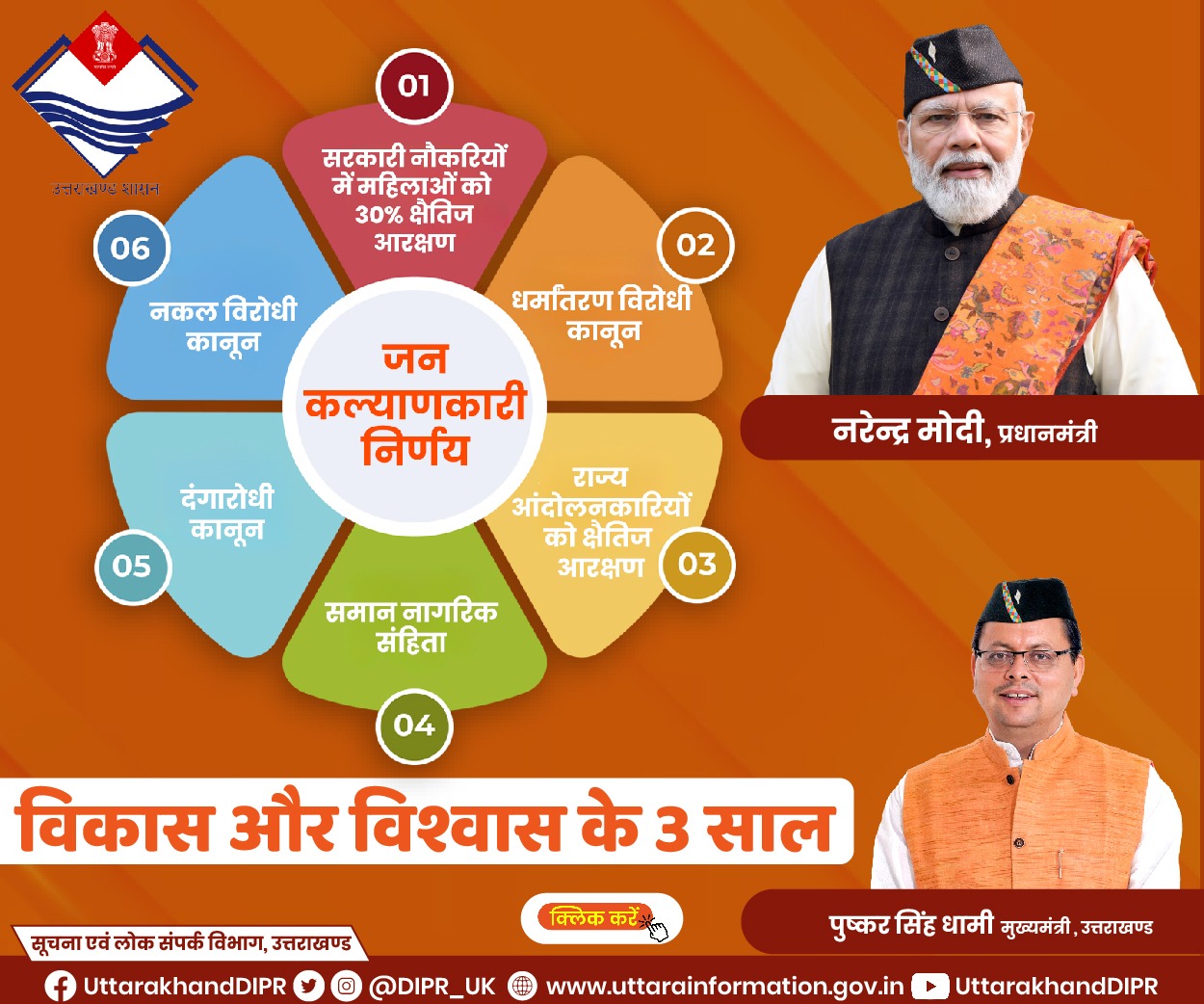Meher Pudumjee, the chairman of Thermax Ltd., carries on her mother Anu Aga’s history in addition to being a second-generation business owner. Pudumjee’s climb to the top of a business offering energy and environmental solutions is nothing short of amazing. Her excellent career was launched with her masters degree in chemical engineering from the Imperial College of Science & Technology, London. She joined Thermax in August 1990 as a trainee engineer and quickly rose through the company. She then, along with her husband Pheroz, took on the job of reviving a Thermax subsidiary in the UK. She progressed over time from a non-executive director to the vice chairwoman before taking on the chairmanship in October 2004.
Meher Pudumjee was named a Young Global Leader by the World Economic Forum in 2008 in recognition of her professional brilliance and ability to influence the future. Given that her mother ranks at number 88 on the Forbes India wealthy list with a net worth of $2.23 billion, her importance on the list is clear. Pudumjee is passionate about bridging the gender gap among billionaires and pushing for the development of new women billionaires, however she isn’t simply concerned with her family’s legacy. She explores the inequality, its causes, and the necessity for India to produce more female billionaires in an exclusive interview with Forbes India.
Increasing the Number of Women Billionaires
In the realm of billionaires, men and women are significantly underrepresented. Pudumjee poses the fundamental query: why are there significantly fewer women billionaires than men, both in India and globally? She suggests a complex web of elements that go into this disparity.
Patriarchal Wealth and Stereotypical Gender Roles
Pudumjee rightly notes that male lineage frequently passes money along through families’ companies. Sons frequently take on the role of patriarch and inheritor rather than daughters. There are very few female billionaires as a result of this tradition, which dates back generations. The societal narrative supports conventional roles even more by encouraging males to pursue enterprise and pushing women to take on domestic and caring responsibilities.
Capital Challenge: Funding Challenges for Women Entrepreneurs
Capital acquisition is still a significant barrier for female business owners. Pudumjee points out that compared to men, women have more difficulty raising money. She blames this problem on the fact that the majority of investors are men, who are more likely to assist male business owners because of familiarity and shared experiences. The implicit confidence of male investors may unintentionally penalize women looking for funding.
Breaking the Leadership Glass Ceiling
Pudumjee acknowledges a paradox: although there are more women on boards, this does not always convert into women holding executive positions in businesses. She explains this phenomena by pointing out that being on a board requires a different skill set than becoming an entrepreneur. Legal requirements that require women to sit on boards may also not immediately contribute to their success as entrepreneurs.
Slow paradigm change
Pudumjee perceives a steady transition taking place with optimism. She states that changes are happening, albeit slowly. There are cases of women becoming billionaires without the help of their families, which represents progress. These occurrences are still somewhat uncommon, highlighting the necessity for India to produce many more self-made female billionaires.
Breaking with the status quo
Pudumjee’s observations bring up important issues regarding women’s place in entrepreneurship and the road to becoming a millionaire. Her viewpoint highlights the necessity of structural changes to guarantee equality and chances for women in the economic sphere.
Success and aspiration are redefined
In order to increase the number of female billionaires, society must change its definition of success. It is essential to promote entrepreneurship among females as a realistic and respectable career option from a young age. Attempts to dispel preconceptions and encourage a wide variety of role models can alter cultural narratives.
Equalizing Capital Access
Pudumjee’s focus on finance availability draws attention to a critical issue. Broader assistance from the investment community is necessary to remove the obstacles that women experience when trying to secure funding. The playing field can be leveled by developing networks that link female entrepreneurs with investors who prioritize potential and innovation over gender.
Encouragement of Entrepreneurial Education
Giving women the tools they need to succeed as businesswomen is essential. Women can be equipped with the skills they need to be successful as business leaders by including entrepreneurship education into curriculum, workshops, and training programs.
A Course of Action
Meher Pudumjee’s thoughts ring out as a call to action as our interview with her comes to a close. The gender disparity among billionaires isn’t just a statistical outlier; it’s also a product of institutional prejudices and societal expectations. Pudumjee’s optimism, though, is evident. In her future India, many more women would succeed as entrepreneurs because the country will adopt a more inclusive concept of wealth and success.
The onus is on society, governments, and industry leaders to foster an environment where women may succeed as entrepreneurs in the hunt for more female billionaires. India can open the door for a new generation of women billionaires—each contributing to a more varied, equitable, and prosperous business environment—by tearing down prejudices, improving access to financing, and promoting entrepreneurial skills. Meher Pudumjee’s hope for a better, more equitable future is ultimately evidence of the revolutionary potential of women’s business.



